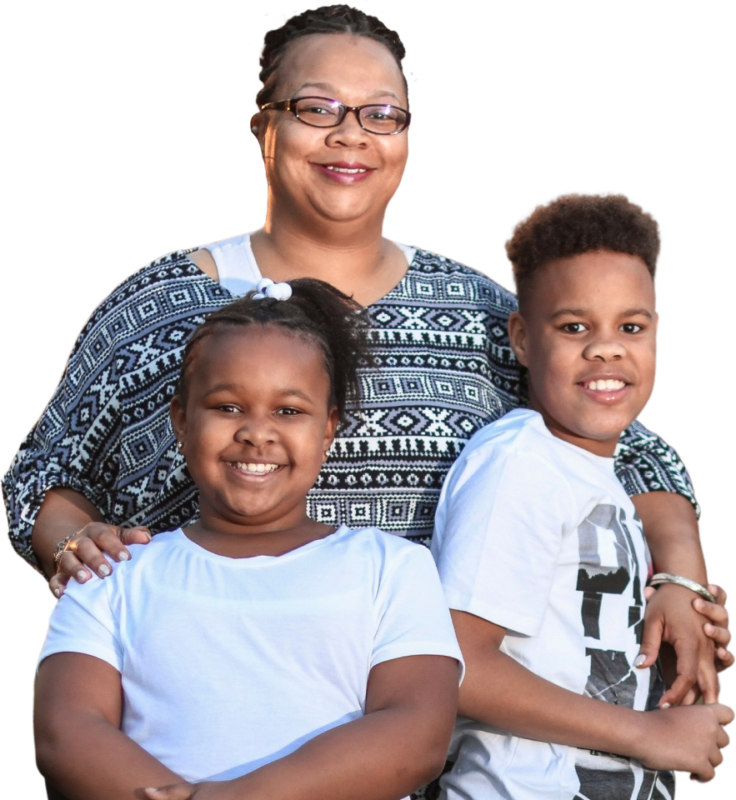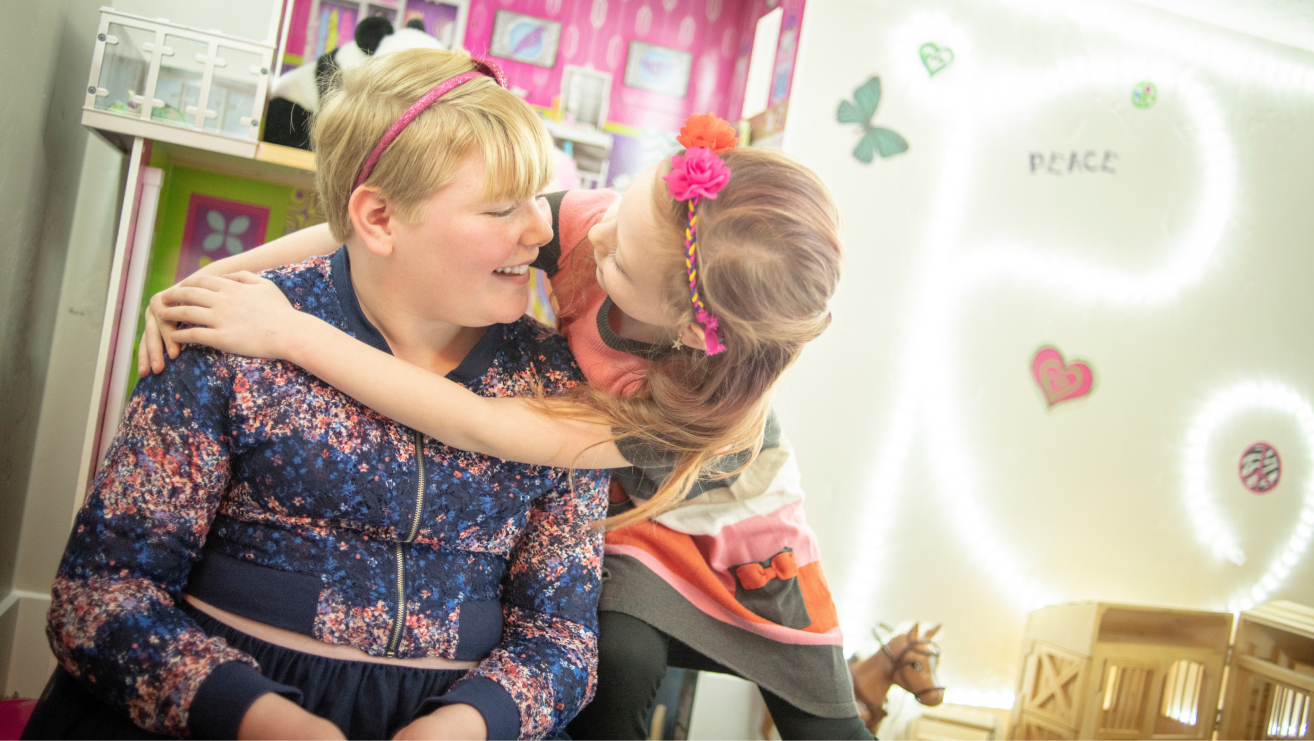Community-First Public Health

Why community-first public health is essential
No matter who you are or where you live, the “public” should be at the center of public health.
Our public health system is meant to make sure that the places where you live, learn, work, and play promote your well-being. It’s not just U.S. mortality rates or disease statistics. It’s the quality of life that people experience across the variety of communities that make up the United States: from each state and territory to every tribal land, town, city, county, and neighborhood.
Public health work is achieved by facilitating healthy environments, from clean air and water to safe and accessible park spaces. It includes tracking and preventing the spread and impact of diseases, including cancer and infectious diseases like the flu and HIV/AIDS. And it involves raising awareness about how to prevent injuries and promote overall health and well-being, not just for individuals but for entire communities.
The COVID-19 pandemic made even clearer what so many communities in our country already knew — that our nation’s public health system is not even close to achieving its goals. By every measure of public health, that failure disproportionately harms systemically excluded communities, including LGBTQ+ people and Asian, Black, Indigenous, Latino, and Pacific Islander communities.
- When systemically excluded communities experience disproportionate rates of COVID-19 infection and are more likely to be hospitalized and/or experience death — the public health system needs to be reimagined.
- When neighborhoods lack safe drinking water — like what happened in Flint, Michigan and Jackson, Mississippi and many other U.S cities — the public health system needs to be reimagined.
- When substance use disorder is seen as a moral failure, or an outright criminal act, instead of a serious health condition — the public health system needs to be reimagined.
- And when Black and brown people are too often hurt or killed by the police departments that are supposed to serve and protect communities — the public health system needs to be reimagined.
Every day, community leaders and community-based organizations are working alongside dedicated public health professionals to address challenges.
From critical vaccine access initiatives (including for COVID-19) to initiatives designed to address glaring health disparities, leaders across the country are doing important work. All work that can serve as an essential foundation to building a public health system better able to fulfill the promise of community health.
These leaders know that the system can only be reimagined if the people who are most impacted by its failures are at the center of designing the solutions that will guide the future of public health.
Building on the work Community Catalyst has done to promote vaccine equity and to advance equitable policies around substance use disorders and mental health, we are forging partnerships with organizations across the country to rebuild a public health system with community at its core. Because we know that community members are experts in what they need to truly be healthy — and we know that community-based organizations are foundational to the success of any public health system.
We are collaborating with organizations across the country to develop and drive policies that make our public health system accountable to communities — and to embrace the essential role community-based organizations play as a part of our public health system.
Together, we are working to put the public at the center of public health.

Our Approach
- Collaborate with partner organizations across the country to shape a community-driven public health system vision and strategy that connects local, state, and national efforts
- Launch campaigns to drive policy changes that:
- Increase investments in community-based organizations as public health agents, recognize community members as central to the public health ecosystem, and invest in initiatives that ensure the public health workforce represents and is trusted by communities. Learn more about how Community Catalyst strengthened community-based organizational engagement in public health.
- Drive better connection between public health and health care delivery systems, including facilitating data collection and research that embraces equity.
- Support civic engagement (e.g., voter registration) as a core public health goal.
- Invest in resources for prevention, harm reduction, long-term recovery, and healing initiatives — including for people with long COVID and other chronic conditions.
- Meaningfully address public health threats such as racism, ableism, ageism, trauma, and discrimination regarding sexual orientation and gender inclusion.
- Build coalition power by building our collective understanding of public health law and deepening connections with public health agencies, public health academic institutions, and public health leaders.